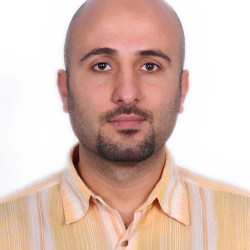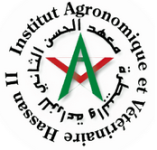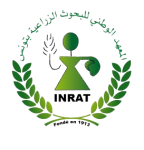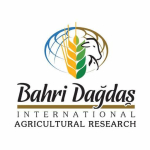ABOUT US




ConServeTerra is a PRIMA (prima-med.org/) funded Research and Innovation project tackling the constraints to greater Conservation Agriculture (CA) adoption in the Mediterranean area. ConServeTerra will directly target rarely addressed adoption constraints of CA systems and develop applicable and adoptable systems. One example of such adoption constraint is the human dimension of soil degradation, which is rooted in the socio-economic, political, cultural and mental environment. ConServeTerra is designed with the premise that main constraints hampering wider adoption of CA across the Mediterranean region are associated with mental and cultural attitudes, as well as social determinants towards soil and its management. An additional constraint is the insufficient promotion of context specific, hence a pragmatic approach to CA. Further complication arises from the direct “technology transfer” approach taken by the CA projects asking smallholder farmers to imitate the large-scale CA management tools. This “technology transfer” approach disregards the local realities such as communal stubble grazing and occasional necessity of tillage in the absence of expensive herbicides.









.jpg)










